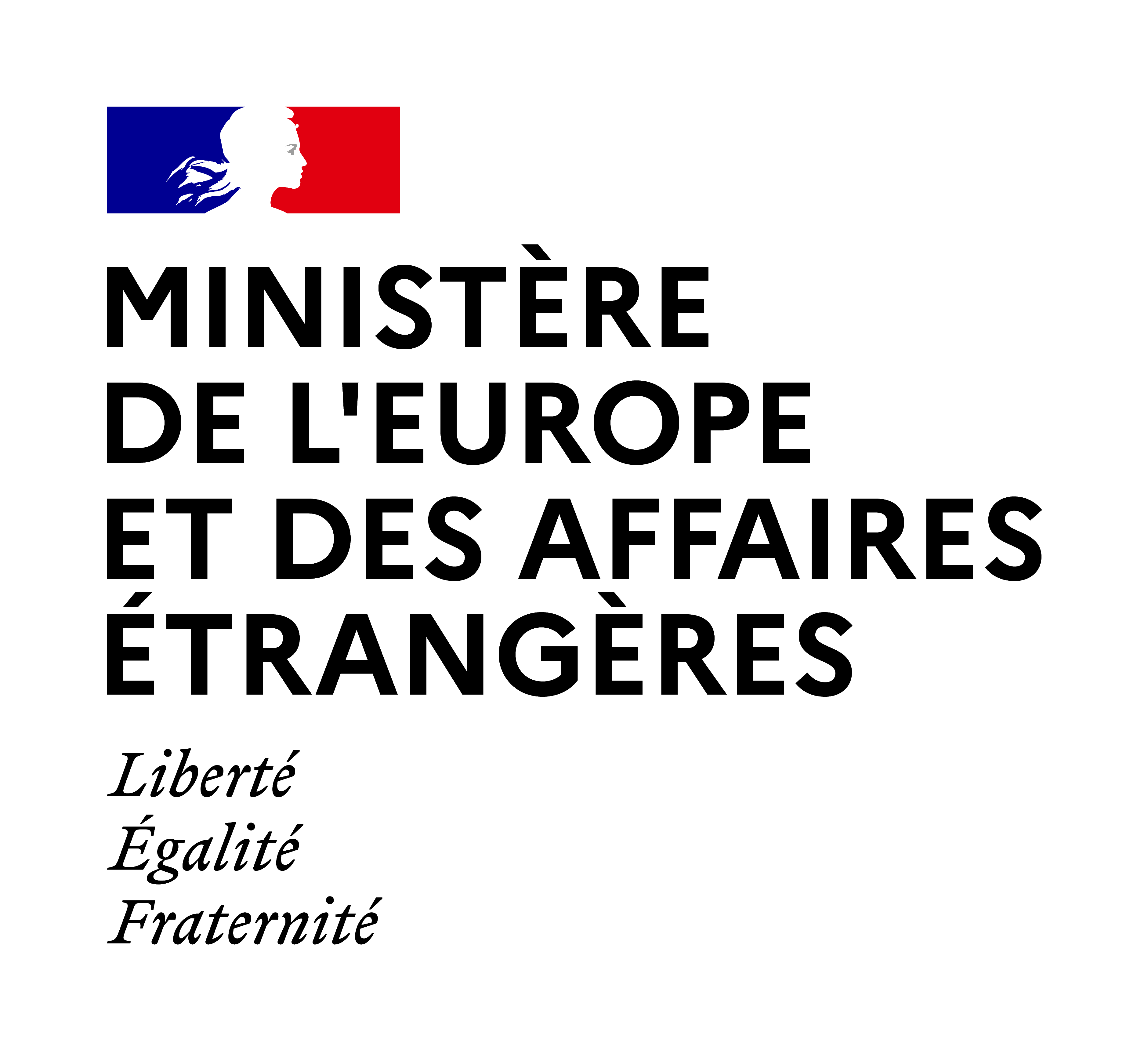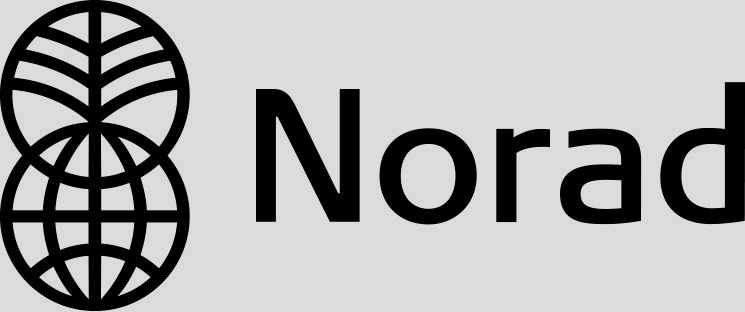This document introduces the Toolkit on Tax Treaty Negotiation (the “Toolkit”), which has been prepared in the framework of the Platform for Collaboration on Tax (the “PCT”) by the IMF, the OECD, the UN and the WBG (the “PCT Partners”).
The Toolkit represents a joint effort to provide capacity-building support to developing countries on tax treaty negotiation, building on previous contributions and reducing duplication and inconsistencies.
The updated version of the UN Manual for the Negotiation of Bilateral Tax Treaties between Developed and Developing Countries (the “UN Manual”) is an excellent resource, and the Toolkit builds on it by providing tax officials who have little or no experience in tax treaty negotiation with the tools they need to implement some of the guidance in the UN Manual. It does so by building on Section II of the UN Manual, which sets out how to conduct a tax treaty negotiation in all its phases (preparation, conduct and follow-up), complementing it with a set of tools and resources.
The nature of the Toolkit is that it can be regularly updated with new tools, centralized and accessible, and be improved following feedback from users and experienced negotiators. Having a web-based product is the ideal way to do this.
Some of the tools and resources are already publicly available; however, they might be dispersed or difficult to find. The Toolkit will therefore help to promote and spread the use of those resources. In other cases, the proposed tools still need to be collected or developed with contributions and suggestions from experienced negotiators.
For instance, one of the tools proposed in this document is a shared calendar of training events on tax treaties. Having a centralized and accessible source of information about the courses, workshops and seminars on tax treaties organized by the PCT Partners would not only be useful for tax officials but would also contribute to achieving some of the expected outputs in the area of capacity development issues. Among other collective actions, the 2016 “Concept Note” (which describes the purpose and functions of the PCT) foresees: “(…) ensuring synergies and an effective division of labor among the major providers based on transparent information about who is doing what (…)”.
Following the structure of Section II of the UN Manual, the Toolkit contains extracts from the main ideas and guidance from the Manual, followed by links or references to additional information and related websites, templates, examples, audiovisual contents, checklists and other useful information and resources to implement the guidance in the UN Manual.
Many countries are currently reviewing their existing treaty network and treaty policy in light of a better understanding of revenue losses associated with treaty abuse, the recommendations resulting from the BEPS project, including the minimum standard to combat treaty shopping, and the 2017 updates of the OECD Model Tax Convention on Income and on Capital (“OECD Model”) and of the UN Model Double Taxation Convention between Developed and Developing Countries (“UN Model”). This toolkit should help new treaty teams or team members to swiftly initiate that work.
This Toolkit does not establish any international policy standard. Rather, it is intended to provide capacity-building support to developing countries on tax treaty negotiation. Importantly, the supporting materials provided in this Toolkit are being cited for the general purpose of providing this capacity-building support to developing countries and are not being formally endorsed by the PCT, the four partner organizations, their respective managements, or the organizations’ member countries, unless specifically indicated otherwise within the materials themselves.










